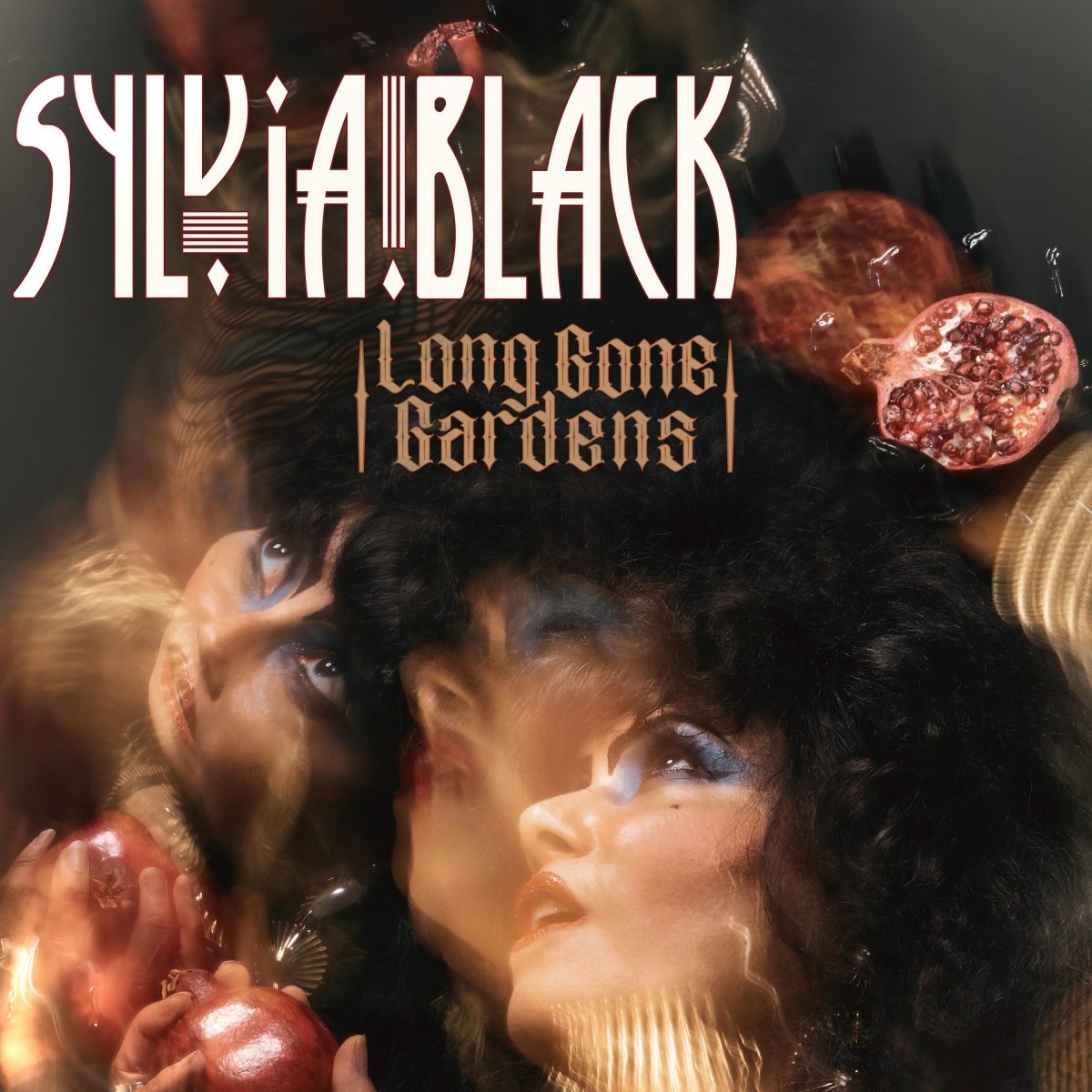Being
Reviewed by: Ari Roth
It’s hard to talk about Mozart’s Sister, aka Caila Thompson-Hannant, without bringing up her origins in the Montreal scene that also birthed Grimes, Majical Cloudz and Doldrums. Her style of homemade synth pop is particularly resonant with the former artist, who makes several appearances here, but Being, her first full length album, sees her constructing a more fleshed out identity for herself than ever before. Thompson-Hannant is wordier and less sonically experimental than her peers, with throatier, more energetic vocals. Her voice and style has matured since last year’s Hello EP, and on Being, she crafts her most accomplished work yet.
Opener and first single “Good Thing Bad Thing” begins with a ticking clock and synth swells before bursting into a glittering pop song that contrasts joyous abandon with lyrical ambivalence in its chorus: “you can’t get a good thing without a bad thing.” Hannant again mirrors this sentiment on “Enjoy” where she’s “touching fire, holding hands with the good and the bad, simultaneously.” When announcing the release of this record, Hannant observed that “when I wrote this record I was riding a wave of light and dark; I still am. It’s not a twisted path but one that aspires to harmony.” This duality, consciously choosing to hold dichotomous and contradictory impulses within you all at once, colors the whole record. The record’s darkest moments, such as the ominous nursery rhyme interlude “Do it to Myself (run, run)” are positioned next to its most dazzling, unrestrained pop moments, like the following track, “Don’t Leave it to Me”.
Hannant has also grown considerably as a producer, and the arrangements on Being are more compelling than ever. “A Move” builds from near silence, with field recordings, detuned samples and pealing synths framing Hannant’s unadorned voice before the track emerges with a thundering drum pattern that unexpectedly evokes early UK dubstep. Despite the step up in production values, there is still a slightly 2D, DIY plasticity to the sounds, which is both something of a shortcoming and one of the project’s most appealing qualities.
Being is undoubtedly a rich development for Mozart’s Sister, but there is still a sense of promise not quite yet fulfilled, of more yet to be explored. She is teetering on the brink of mass recognition, and Being brings her right up to that line, ready to emerge as a compelling new voice in underground pop music.
Rating: 








